Russia: OPCW report exposes Germany’s involvement in anti-Moscow provocation
The lower house of Russia’s parliament, the State Duma, says a draft report of the Organization for the Prohibition of Chemical Weapons (OPCW) that referred to the alleged poisoning of opposition figure Alexei Navalny exposes Germany’s involvement in a provocation against Russia.
Vasily Piskarev, the chairman of the State Duma Commission on Foreign Interference in Russia’s Internal Affairs, said that the committee viewed the time inconsistencies in the draft report of the OPCW regarding the case of Navalny as proof that Germany was complicit in an anti-Russia provocation, the TASS news agency reported on Tuesday.
Earlier this month, Russia’s Permanent Representative to the OPCW Alexander Shulgin told the 97th session of the OPCW Executive Council that the organization’s members had been misled that its experts had arrived in Germany only on September 4-5, 2020, citing one of the organization’s documents on its activity last year that says, “At Germany’s request, the Technical Secretariat sent a group of experts to provide technical assistance in connection with the alleged poisoning of a Russian national as far back as August 20, 2020.”
He questioned how the deployment took place on the same day that Navalny collapsed during a Russian domestic flight, asking for an explanation “as to how this could have happened.”
Russian Foreign Ministry spokeswoman Maria Zakharova said on Monday that the information contained in the draft report of the OPCW “essentially confirms that what took place with the Russian blogger was the result of a provocation that was carefully planned outside of Russia.”
She also called for “a sensible explanation as to how that is possible and why state parties were previously misled regarding the Secretariat’s deployment of specialists to Germany on only September 4-5 2020.”
“Taking cue from Maria Zakharova, we drew attention to some strange things in the OPCW report,” Piskarev said. “Information that upon Germany’s request the experts joined the case on Navalny’s alleged poisoning with a warfare agent before his hospitalization in Russia requires official clarification. Now we view the OPCW report as evidence of the German authorities’ link to the provocation against Russia.”
Piskarev said Germany was not interested in “establishing the truth in this case” as it had left eight requests made by the Russian Prosecutor-General’s Office for legal assistance in the case of Navalny unanswered.
“The State Duma’s commission had submitted a request to the leadership of the German Bundestag on providing assistance in carrying out an investigation. But we have not received any clear response of the Bundestag’s President, Wolfgang Schauble, so far,” the lawmaker said, referring to the German federal parliament.
He noted that “the ongoing propaganda campaign” was aimed at provoking sanctions on Russia.
On August 22 last year, Navalny was airlifted to Berlin for treatment for alleged poisoning, two days after he collapsed during a domestic Russian flight. The allegation that Navalny was targeted with a Soviet-era nerve agent was first made by his aides, who blamed Moscow. Germany said later that it had confirmed poisoning but refused to provide any evidence, even at the request of the Russian government.
Moscow denied involvement in any attack on Navalny.
The Russian opposition figure returned to Russia on January 17 this year, and was detained on arrival for violating the terms of a suspended sentence. He had received a suspended three-and-a-half-year prison term over a theft case on December 30, 2014.
On February 2, the Moscow City Court sentenced him to two years and eight months in a prison colony for breaking the terms of his suspended sentence, subtracting 10 months he had spent under house arrest from his original three-and-a-half-year sentence.
Western governments have imposed sanctions on Russia over Navalny’s case.
Explainer: Jam-e Jam 1 – Iran’s giant leap into geostationary orbit and a new broadcasting era
Iran says entered talks with US with 'result-oriented approach'
Iran FM, IAEA chief meet ahead of indirect talks with US
Israeli soldier admits to murder, rape in Gaza during live stream
VIDEO | Pakistan protesters condemn US-Israel threats, mourn mosque victims
VIDEO | Press TV's news headlines
Tehran slams US ‘inhumane’ sanctions against Cuba
Two Palestinian children killed in PA ambush; Hamas slams attack as ‘black mark’


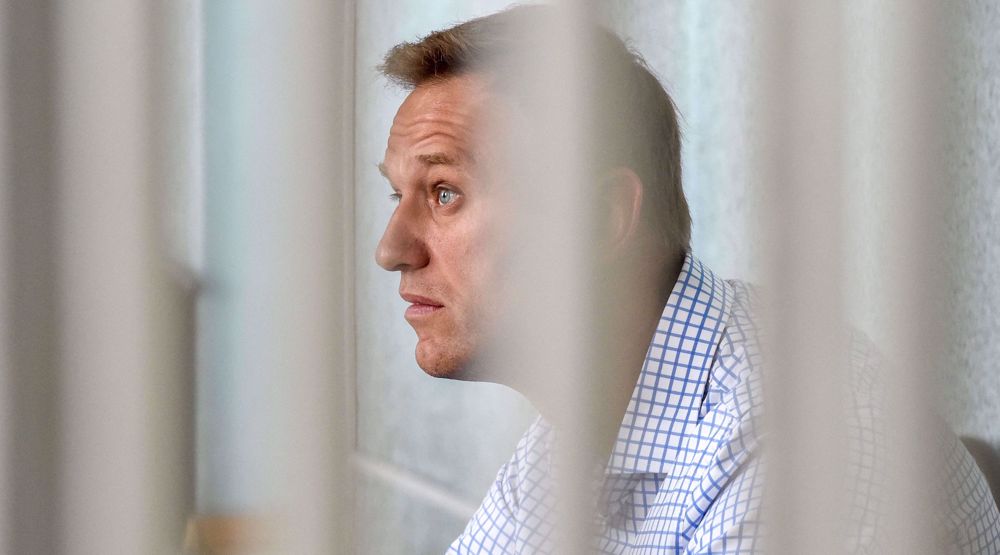
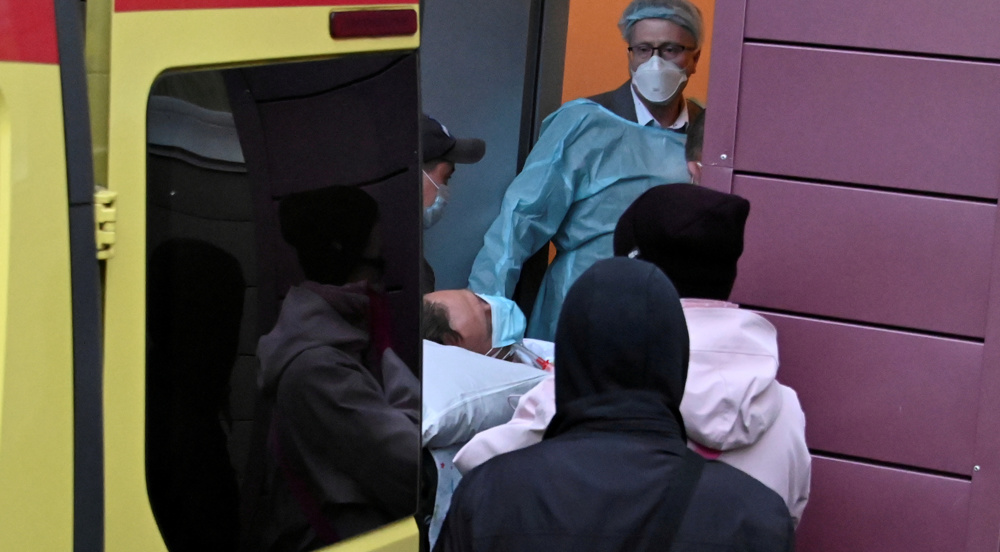
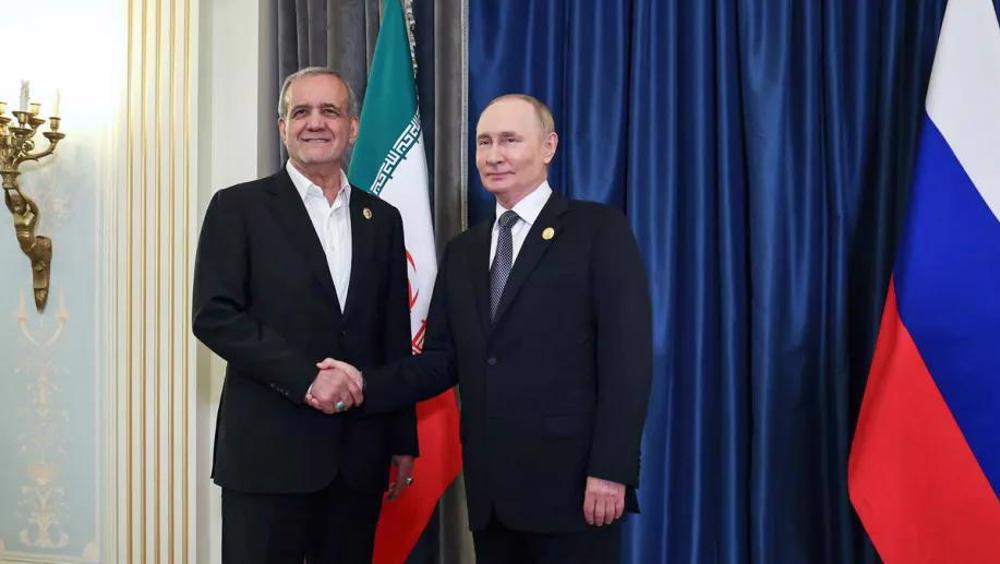
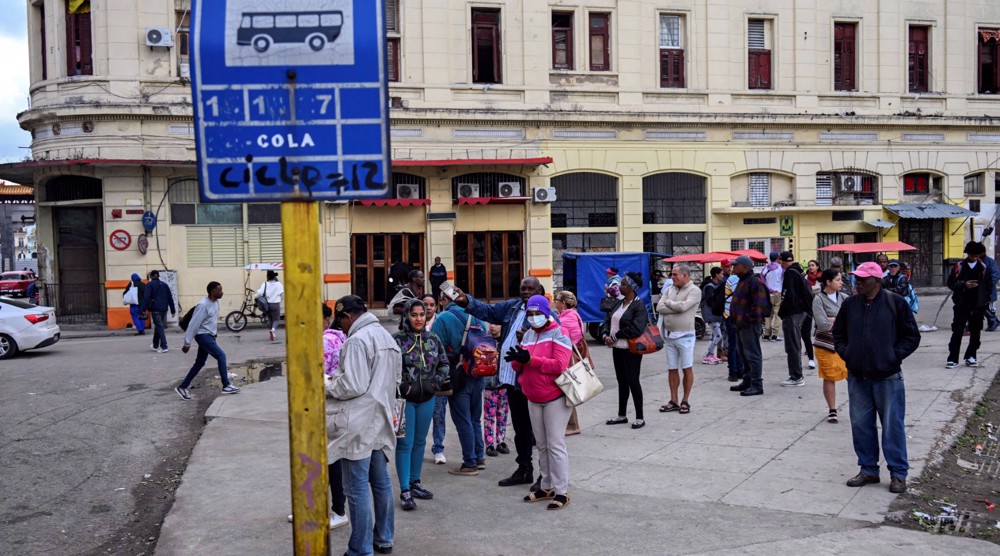
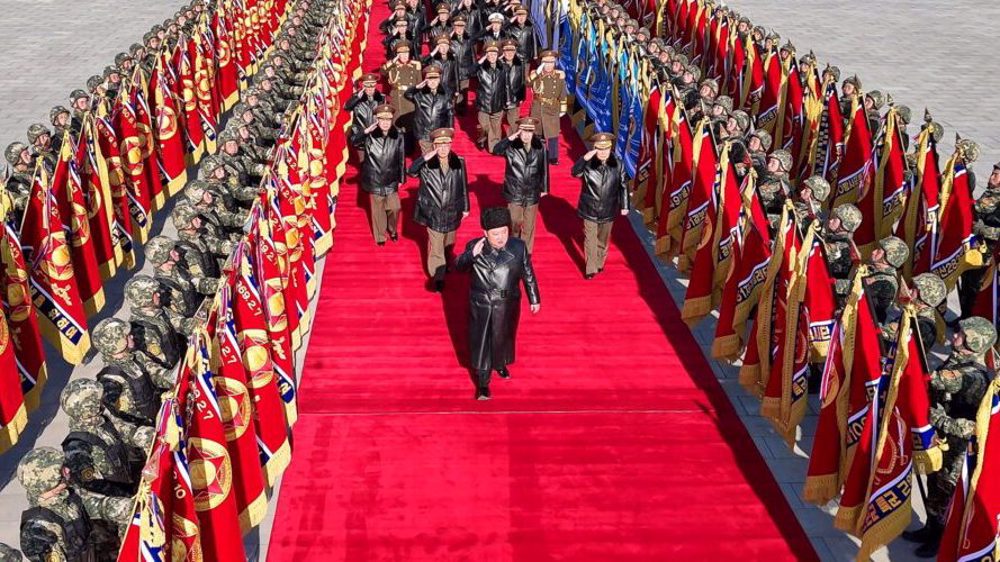



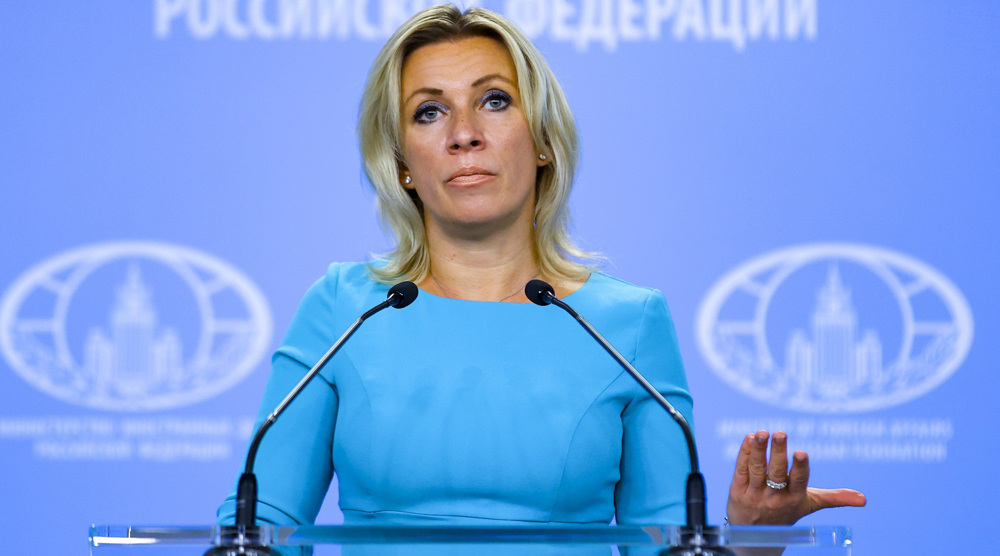
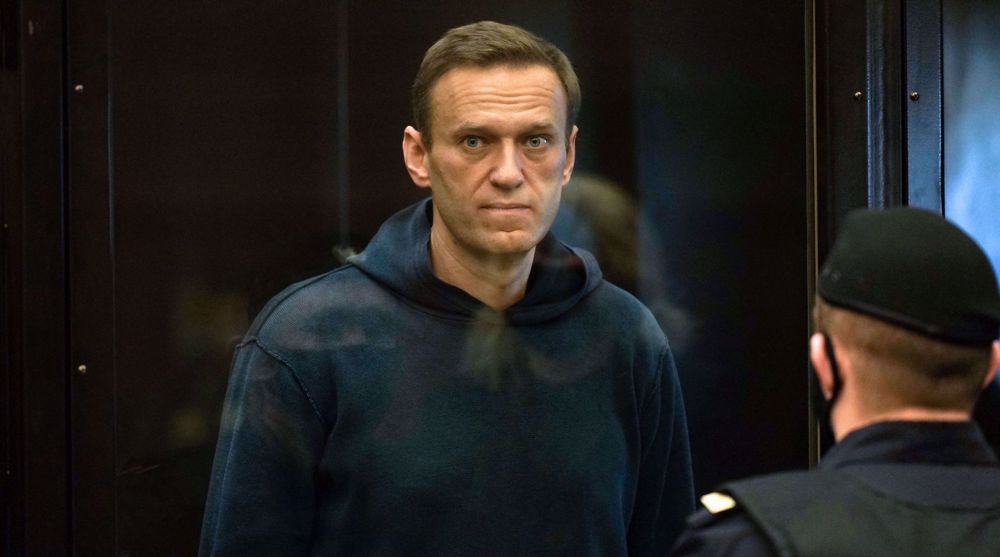

 This makes it easy to access the Press TV website
This makes it easy to access the Press TV website